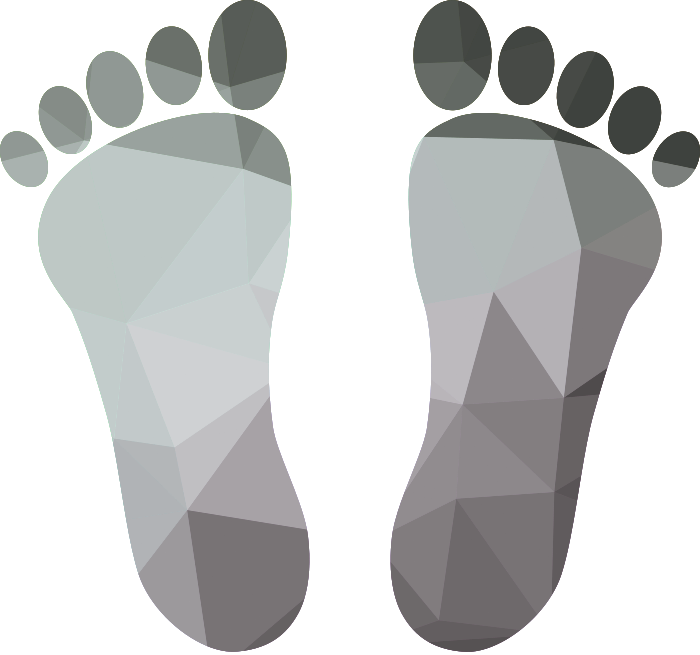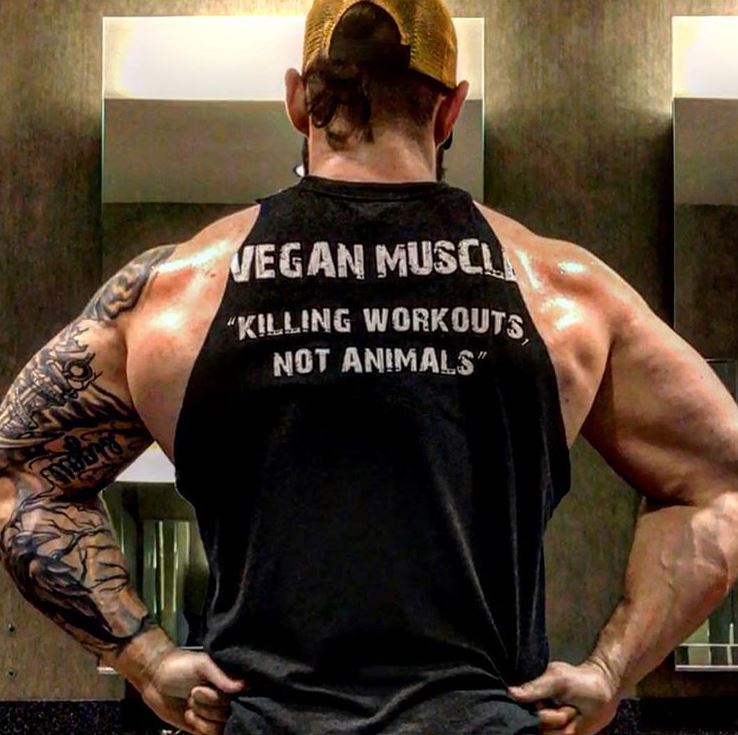What does veganism mean? According to the Merriam-Webster Dictionary, a vegan is
“a strict vegetarian who consumes no food (such as meat, eggs, or dairy products) that comes from animals; also : one who abstains from using animal products (such as leather).”

There are a myriad of reasons why someone may choose to become vegan. (Check out my reasoning here.) Once the decision has been made, or even if you are trying to reduce the amount of meat you consume, it’s important to know where to get essential nutrients like protein, calcium and iron on a plant-based diet. Luckily, there are so many delicious plant-based options to help you meet all of your nutritional needs. Like I’ve mentioned before, if you choose to eat this way, I recommend reaching out to a nutritionist who is knowledgeable in vegetarianism/veganism as I’m not schooled in this. I’ve worked with professionals and have done research on my own to learn how I’d like to feed myself and my family.
I’m going to write a series of posts that focus on some important nutrients/vitamins that people might be curious about when it comes to eating a vegan diet. First let’s start with…
Where do you get your protein?
It seems that many people have misconceptions when it comes to protein as this is one of the top questions asked by non-vegetarians/vegans. Based on my research, if you are eating enough calories, it’s very hard to be protein deficient. And you do not need meat in your diet to get a sufficient amount of protein. Legumes (beans), grains, nuts/seeds, vegetables and even fruits all have some amount of protein. Below is a list of some vegan high protein sources (also check out the image to the left).
Tempeh – 41 g per cup
Lentils – 18 g per cup
Plain soymilk – 11 g per cup
Edamame – 20 g per cup
Black beans – 15 g per cup
Seitan – 19 g per 3 ounces
Tofu – 20 g per 1/2 cup
Peas – 9 g per cup
Brown rice – 5 g per cup
White rice – 4 g per cup
Cooked broccoli – 4 g per cup
Sunflower seeds – 6 g per 1/4 cup
Quinoa – 9 g per cup
Cooked spinach – 5 g per cup
Avocado – 4 g per cup
Whole grain bread – 7 g in 2 slices
Cashews – 5 g per 1/4 cup
Cooked semolina pasta – 8 g per cup
Chia seeds – 5 g per 2 tablespoons
Flax seeds – 4 g per 2 tablespoons
Bulgur – 5.5 g per cup
Peanut butter – 8 g per 2 tablespoons
Sunflower seed butter – 5.5 g per 2 tablespoons
Baked red potato – 3 g per cup
Millet – 6 g per cup, cooked

What about athletes?
There are actually numerous vegan athletes, such as football players, body builders, triathletes, marathon runners, surfers and more proving that you can eat this way, thrive and be successful as an athlete
What are some high protein meal ideas?

Here are some great meal ideas that are high in protein. Listed below is a high protein vegan meal plan from the Oh She Glows blog. A favorite of mine! Check out the full post here.
Breakfast: High Protein Green Monster Smoothie
Mid-morning snack: 1/2 cup hummus + veggie sticks/crackers
Lunch: ~2 cups Spiced Red Lentil, Tomato, Kale Soup, 1 slice bread or crackers, 1 cup fresh berries (or other in-season fruit)
Mid-afternoon snack: 1 apple with 2 tablespoons nut or seed butter
Dinner: Quick & Easy Chana Masala (Indian chickpea and rice dish)
Also check out the video below for one of my fav Vegan YouTubers for some more high protein meal ideas.


